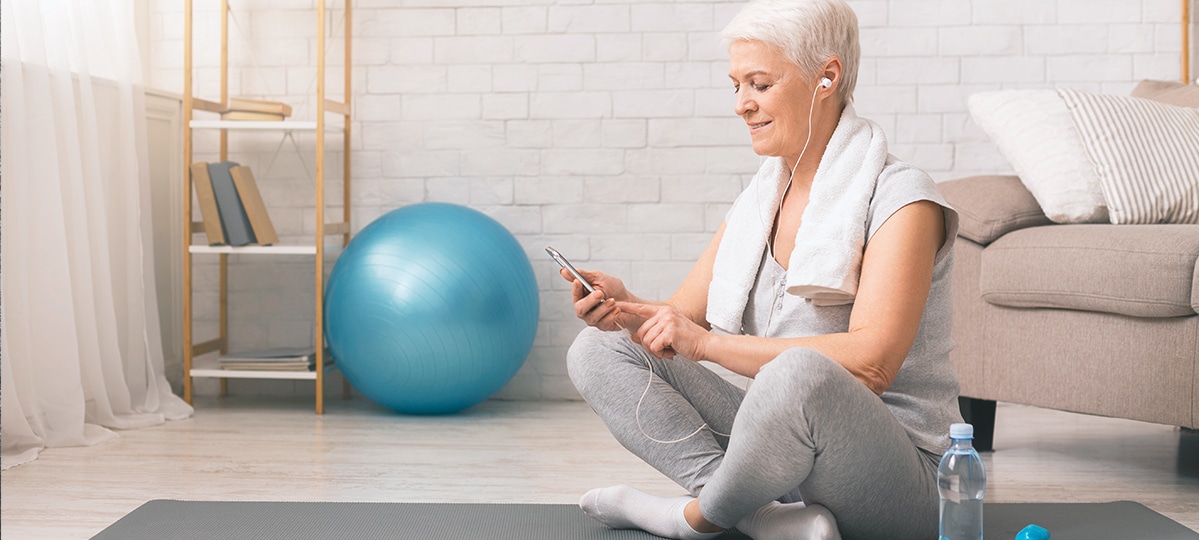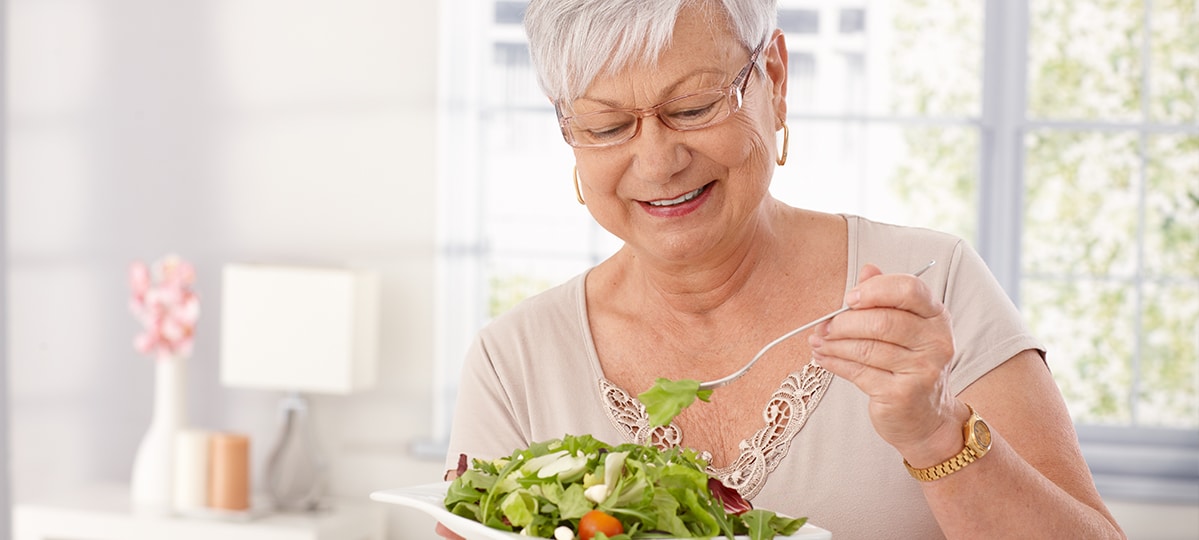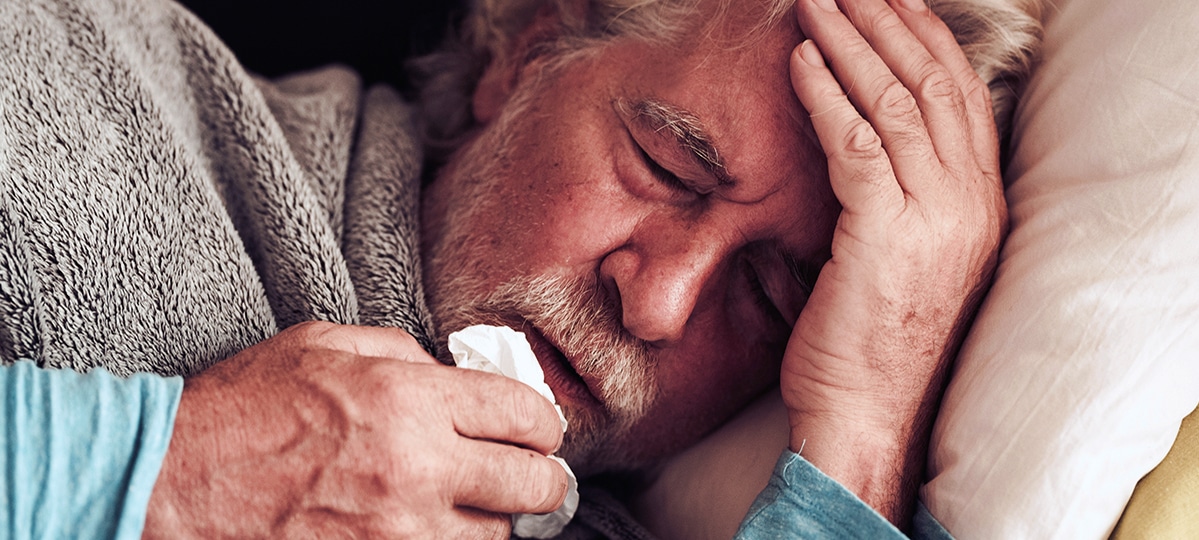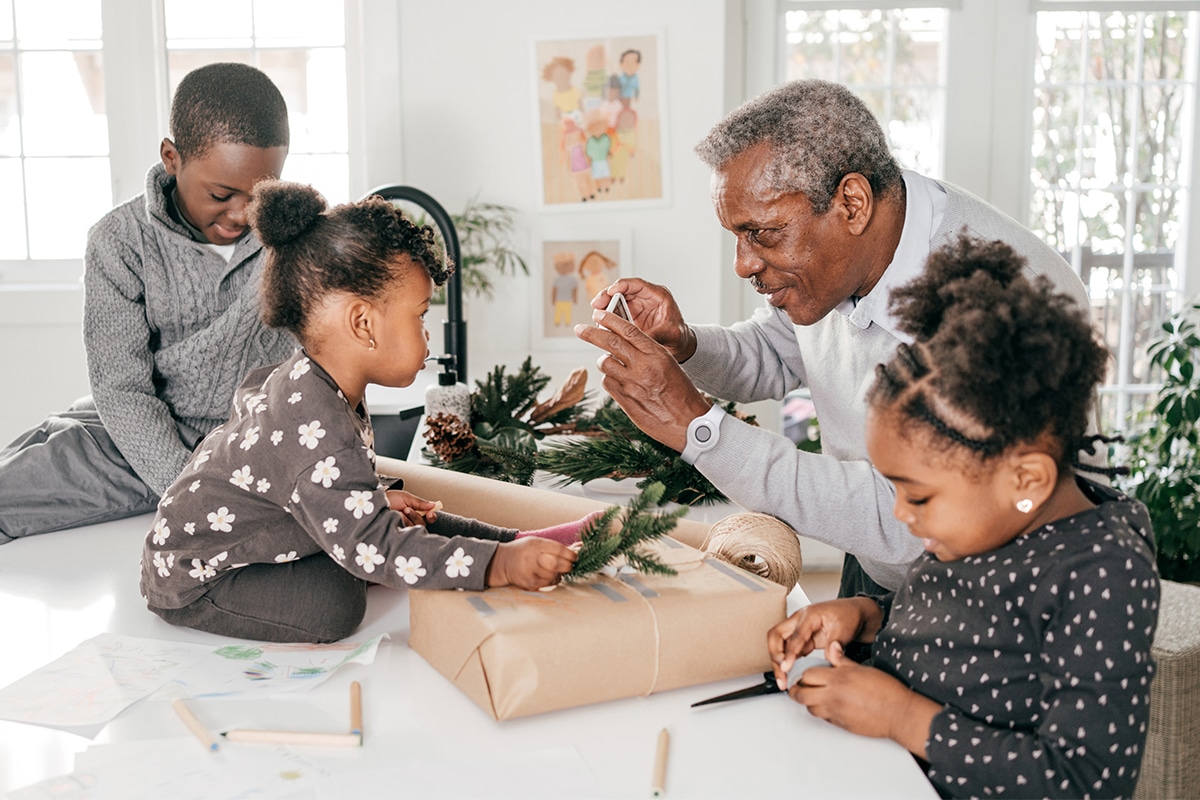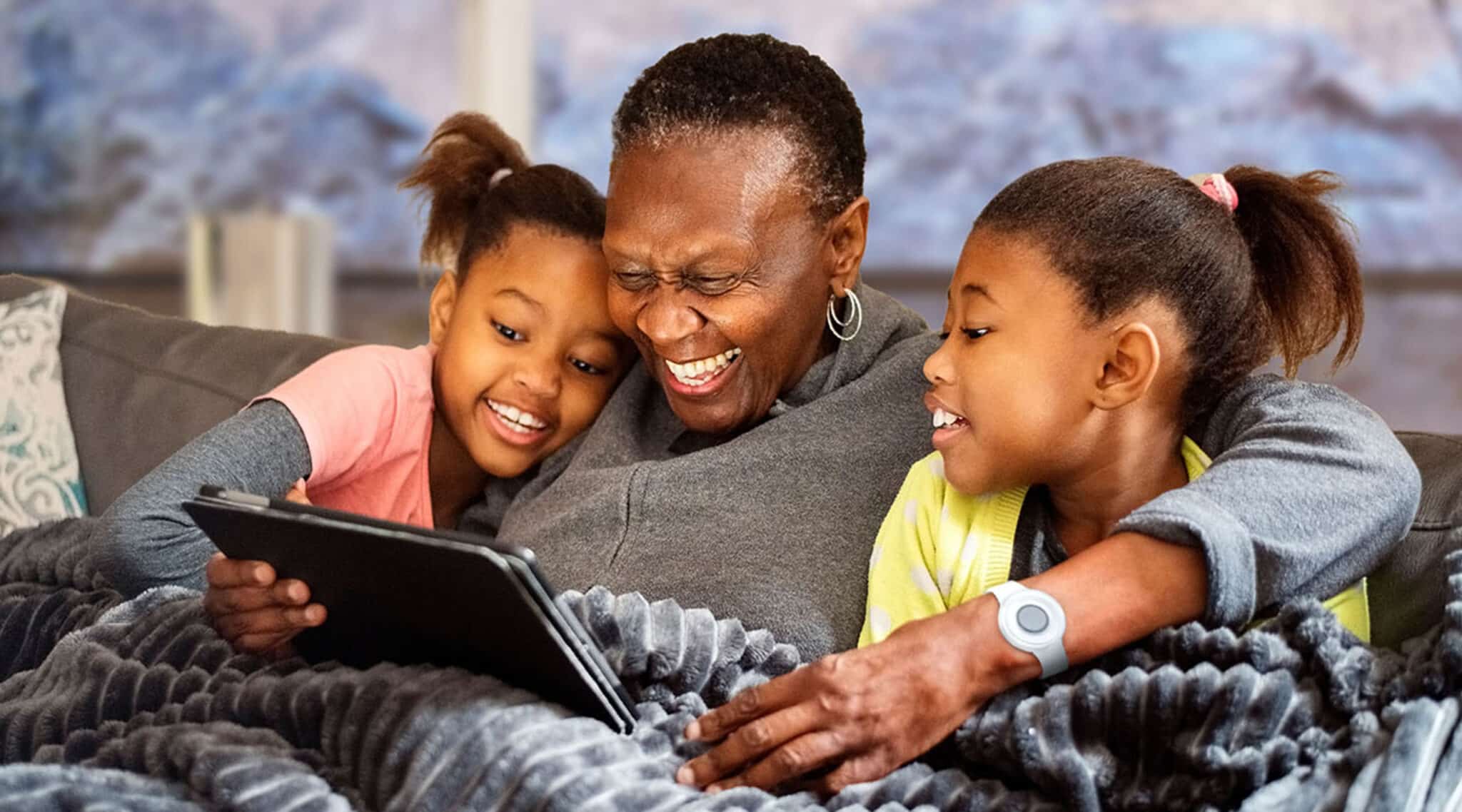As we age, our bones become more fragile and breaks can occur without much pressure or notice. Old injuries from sports or accidents can also cause your bones to break.
Thousands of people injure their hips every year. From cracks, breaks, and fractures, this can be the beginning of the end for many people, in particular, seniors.
Preventing Hip Injuries
We can’t go back in time and stop old injuries, but we can take precautions moving forward. Here are a few ways you can protect your hips from debilitating injuries.
Keep Your Weight Down
Carrying a lot of extra weight can be extremely unhealthy for many reasons. Your hips will function much better without the need to carry all that extra weight.
You move differently when you are overweight and you also move around much less. When you are overweight you tend to sit more which will start to cause pain in your hips, knees, and back.
Regular Light Exercise
By incorporating a few different types of exercise in your daily life, you will find that you benefit greatly. Consider walking, stretching, yoga, resistance bands, and other types of exercise that allow you to rotate your hip joints.
You will notice an overall difference in your weight, your posture, your flexibility, and your energy level. Avoid more strenuous exercises, in particular, if you are not used to them.
Cushion Hips and Knees While Sleeping
Sleeping in strange positions can add stress to our joints. Trying to sleep in different positions can help ease the pain in the knees and hips. Obviously, you will sleep better when you are comfortable.
You can also place cushions or pillows between your knees to reduce stress across your hips. Consider placing a body wedge under your hip for even more support. When sleeping on your back, place a pillow under your knees to help with better spine alignment.
Avoid Falling
This might seem obvious, but there are plenty of ways you can safeguard yourself from falling and permanently injuring your hips. Here are ways to make sure you protect yourself from unnecessary falls.
Home Safety
Set up your home to be safe. Remove loose throw rugs, cords, and other clutter that can cause you to trip. Put in night lights for late-night visits to the washroom and keep all access areas clear of shoes, pets, and other everyday household items.
Proper Footwear
Once you hit a certain age, cute shoes also need to be supportive. Make sure you have proper footwear for all the activities you do. Shoes and boots need to be slip-proof for all surfaces, not just wet and ice.
Footwear that allows your arch to be supported helps you walk better, is good for helping with your posture, and protects your feet, legs, and hips. Make sure your ankle is also supported.
Get Your Vision Tested Regularly
Keeping on top of your vision care is critical for avoiding falls. If you can’t see it, you can’t avoid falling over it. Our vision needs change as we age, so keep your prescription updated.
Know Your Medication
Certain medications can have effects on you that may cause drowsiness, swelling, and disrupt your balance. Even certain illnesses and diseases can do that, as well.
This includes the consumption of alcohol. If you are going to drink, drink in moderation and make sure someone is with you to make sure you get home alright or you don’t over-indulge.
Get Enough Sleep
It can be more difficult for older adults to get a good night’s sleep, but that will help you stay alert. Our reflexes are not what they once were, so if you are also tired or drowsy, it can be dangerous.
If sleeping is difficult for you, try to get in some fresh air and exercise every day. A brisk walk, a stationary bike, swimming, and other low-impact games and sports can help you get better sleep.
Medical Alert Systems
For peace of mind, you may also want to consider a medical alert system. If anything happens, you have fast access to help 24/7.
